September 2021
/Covid has made us increasingly familiar with using digital technologies, from work team meetings to social and clinical interactions; where might the novel tech opportunities lie? Social anxiety disorders (SAD) can limit individuals’ abilities to leave home and might be a prime target for virtual work. Nordh et al1 report on a trial of 103 young people with SAD who were randomised to receive either internet-delivered cognitive–behavioural therapy (iCBT) or an active intervention of therapist-guided supportive therapy (iSUPPORT). iCBT included a psychoeducational component, social skills training, focus shifting from internal to external attention, reduction of safety behaviours and avoidance, and relapse prevention planning. Conversely, iSUPPORT included psychoeducation and information on healthy habits and interpersonal relationships, as well as therapist encouragement to generate strategies, but without key CBT components such as exposure. iCBT showed significant superiority in reducing symptoms, including secondary outcome measures such as functional impairment and school productivity, at the 3 month post-intervention point. This is the first such trial of iCBT for SAD using an active comparator, strengthening the results by removing the confounder of non-specific aspects of therapist care; the active intervention was also cost-effective when compared with iSUPPORT. This low-intensity treatment requires only modest therapist input and might target the estimated 90% of individuals with SAD whose symptom profile is less severe and who currently do not receive any intervention at all, as well as those often on long waiting lists for face-to-face therapy.


